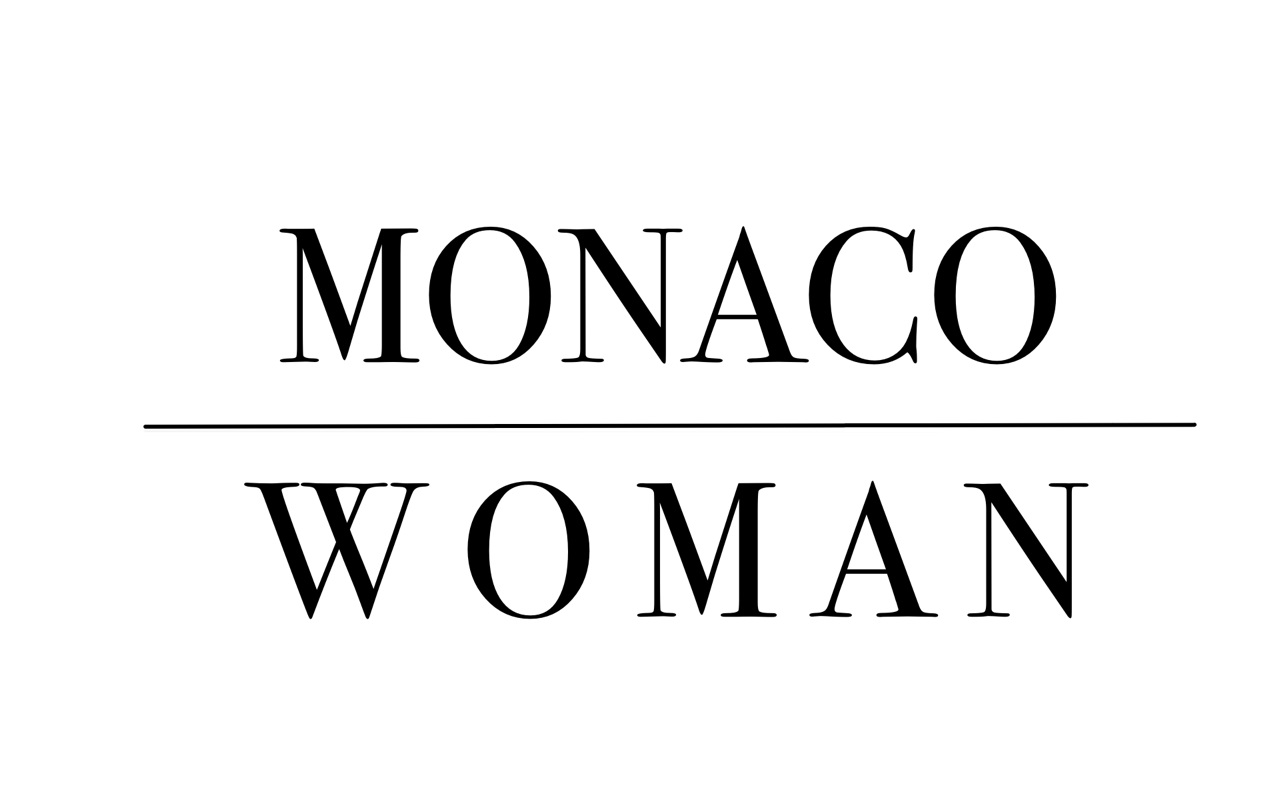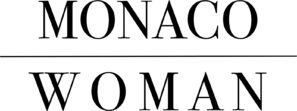Food communication after Covid: 6 Women tell their stories
One of the things that changed the most in Covid’s year of horribilis was the ‘food sector’. And here we need to be specific because these words ‘food sector’ includes so many elements, so many people, so many facets. The restaurant sector has changed, a sector that has been hit much harder than others, due to the initial regulations, the continuous closures and reopenings, which are more harmful than anything else…

Our relationship with food and the kitchen has changed, partly because we have constantly and constantly lived at home. We have improvised (some at a highly professional level!) as cooks, pastry chefs and bakers to pass the time. The way of communicating food has also changed. And we wanted to focus our attention on this last aspect, listening to the voice of those who follow this sector, those who communicate in the food&wine field. We wanted to give a voice to the women in this sector, to understand how women are perceived at a professional level in a world populated by a higher percentage of men (chefs, producers, pastry chefs…).

Many studies clearly state that “Communication is a woman” because the ability to relate and empathy in this sector are winning variables. It is hard to deny, innate in the female universe. According to Alessandra Mazzei, director of CERC, “communication has become an integral part of the strategies adopted by companies to respond to the crisis. Compared to 2019, the contribution of managers in this function to the definition of business strategies has become very significant”. This is especially true for internal corporate communication… and what about those who have to communicate with restaurants, hotels with catering, starred or non-starred chefs, cooks, producers, pizzerias? Here are the answers of five women working in Italy in this fascinating but complex world (statements in alphabetical order on the name of the interviewees):
- Delia Facchini, PR Director Grand Hotel Tremezzo and Communication Kitchen di Como
- Flaviana Facchini, Managing Director Flaviana Facchini Public Relations
- Silvia Scrofani, Senior Communication Specialist at Action Agency
- Laura Gobbi, Experiential marketing & strategic communication
- Sara Biondi, CEO NewsEventicomo Public Relations Consulting
- Teresa Onorato, Founder of Honor Consulting

Delia Facchini, PR Director Grand Hotel Tremezzo
“The current situation of total uncertainty has led us to revise our strategy, transforming limitations into opportunities and focusing on new projects to relaunch the business. For example, for the new Michelin-starred restaurant Kitchen, set in a private park, we have focused on enhancing the Chef’s vegetable garden. Thus, the kitchen garden becomes a space to visit and experience, enriched with vegetables and aromatic herbs used to create gourmet dishes inspired by tradition, with a continuous and constant search for quality raw materials. After the long period of isolation, while waiting for the reopening, I believe it makes a difference to eat well in a place where you can also enjoy a psychophysical experience of well-being”.

Flaviana Facchini, Managing Director Flaviana Facchini Public Relations
“The pandemic has put us in a position to reflect on communication, its prospects, strategies and the most effective actions. Today, it is essential to support the client: to have a consultative approach in defining the most appropriate activities in terms of public relations, intervening immediately, and even changing the strategy abruptly if necessary. For the food&wine world, we have developed a new public relations programme ‘PR for Restarting in 2021’ with targeted actions increasingly oriented towards a mix of traditional communication and influencer marketing, to be activated ad hoc, even for those entering the world of communication for the first time”.

Silvia Scrofani, Senior Communication Specialist at Action Agency
The pandemic and the months of lockdown have led us to rethink strategies, content and communication platforms in a digital key, for a sector such as food and wine, which has always been based on conviviality, meetings and experiences. The challenge of ‘safe’ communication was thus triggered: no in-person events, press trips or interviews. A completely unexpected scenario required us to creatively reinvent a mix of tools to guarantee continuity and fluidity of communication in the most empathetic and effective way possible. Video Chat, Podcasting, up to the concept of real virtual meeting and discussion locations: a winning formula, rewarded by the feedback from clients and journalists, who have appreciated the ability of our Agency to anticipate the trends of change, becoming a real Factory of innovative languages.
We focused on emotional storytelling that would highlight the distinctive identity, history and DNA of values that make our clients’ brands and vision unique. Themed interviews and case studies brought back to the forefront the role of company spokespeople and chefs in the sign of a return to the authenticity of the origins that have forcefully bypassed digital barriers. The result? We have consolidated relationships and highlighted new opportunities, new possible ‘fits’ and synergies. Among the topics at the centre of our communication are new customer service formulas, from delivery to apps, and the increasingly strong development of online sales and digitalisation. We look ahead to 2021 with the conviction that reopening and relaunching the business will not be enough: faced with an increasingly demanding, albeit loyal, clientele, our clients will have to reinvent themselves and with them our strategy and the flow of communication towards journalists and the end consumer.

Laura Gobbi, Experiential marketing & strategic communication
“Personally, I experienced the period very well. Apart from the first week in March when I was disorientated and dizzy, after that it was a crescendo. For me, the personal path and the work approach were fundamental discriminating factors. Those who have fallen and hurt themselves in life have a quick reaction time to find solutions. Survival instinct and attachment to life are the best teachers. Ethics, years of work, seriousness, and concreteness did the rest, unexpectedly expanding my client portfolio.
Everything has changed in the world of food communication. The way of conceiving and communicating about food has undergone a profound change, especially from within. It has shaken consciences and touched profound corners. In both cases, those who are structured hold up. Those who have not invented themselves but have always done business in the kitchen, as for those who communicate and have always worked in this sector, not getting there just because it is fashionable and cool to have their photo taken with the chef. I believe, indeed I hope, that we will be able to taste this “Krisis”, this revolution, in the dishes of those who have had the foresight to work in a new creative direction. Personally, I have realised that I need a “freshness” of ideas; lately, with a few exceptions, I have found everything to be a bit uniform, pandering and prissy. As far as the future of food communication is concerned, it is essential to listen, smell, taste, read and introject time. Ethics and humility will do the rest, as they always have.

Sara Biondi, CEO News Eventi Como Public Relations Consulting
“Communication has changed, or rather the strategies to be followed in developing communication and marketing plans for the customer have changed. It is necessary to put all possible online and offline tools to allow the client Brand to position itself on the market and keep its philosophy and values in the news. My studio NewsEventicomo Relazioni Pubbliche Consulting implements emotional communication and human marketing strategies, supporting the importance of customising communication strategies ad hoc on the Client (tailor-made projects) and differentiating services. Each client has its own communication. The firm’s clients are the protagonists of ad hoc projects created following the company’s philosophy and objectives. In this context, the client must appear “human” and above all, true and consistent. We talk about corporate awareness and “trust”. The brand must be participatory; it must create connections, especially online, and show itself for what it really is. Hence Human Marketing: let’s show ourselves as we are, fragile or ironic. Let’s put ourselves on the line. In my sectors, which are catering and hospitality, we need to find new strategies, new services, new connections and links with the consumer. All based on emotions and intense experiences that leverage multi-sensoriality. In this way, you engage the customer and make him part of a project made up of emotions. Transparent, truthful, concrete and substantial communication. No more pretending, no more doodling. No more smoke and mirrors. The consumer is increasingly informed, demanding and aware of what he wants and does not want. No standardised communication. Every customer is unique, and therefore every customer NEEDS a project built around him. Tailor-made. Unique. What differentiates them from their competitors”.

Teresa Onorato, Founder of Honor Consulting
“Communication in the food and wine sector has become even more fundamental in recent months. The identity of each reality has unfortunately only been able to express itself through digital channels. Many companies that did not consider it essential to develop a marketing plan have met this need. Now is the time to review one’s own image to return to welcoming one’s own clients with novelty and a new look. For someone like me, who runs a communications agency, every day’s real challenge is to deal with the emergency in terms of content and time. Communication experts plan, develop, manage and finalise. How can we do this with new daily arrangements? Closures, openings, closures again. Our work has evolved, it is important to know how to communicate, but we have to support our customers on every aspect (menu, pricing, suppliers, competitor analysis, packaging…). Needless to say, the human side is fundamental in any working relationship. Today, companies need competent consultants, but people who can understand the period we are going through, proposing alternatives, new strategies, new businesses (delivery being one of them), and it is our duty to do so with full knowledge of the facts. Being a woman entrepreneur at the head of a communications agency specialising in the sector is certainly advantageous.
Women love food and know how to appreciate its aesthetic appeal. For example, Delivery has to offer specialities that are pleasing to the taste buds, but the eye is also important. Studying how the market moves is a fundamental part of our work. If we really want to support our customers, we cannot think of not continuing day by day to learn about every aspect of the market. How do I see the future? Obviously, I hope that this unstable situation will end as soon as possible, but I also believe it has taught us a lot. After this tidal wave, we will certainly come back stronger!”

We wish them all a lot of good work in their field, which we are sure will grow thanks to their ability to seek out and seize communication opportunities.
Edit by Nadia Toppino
Food, Wine & Hospitality Consultant







